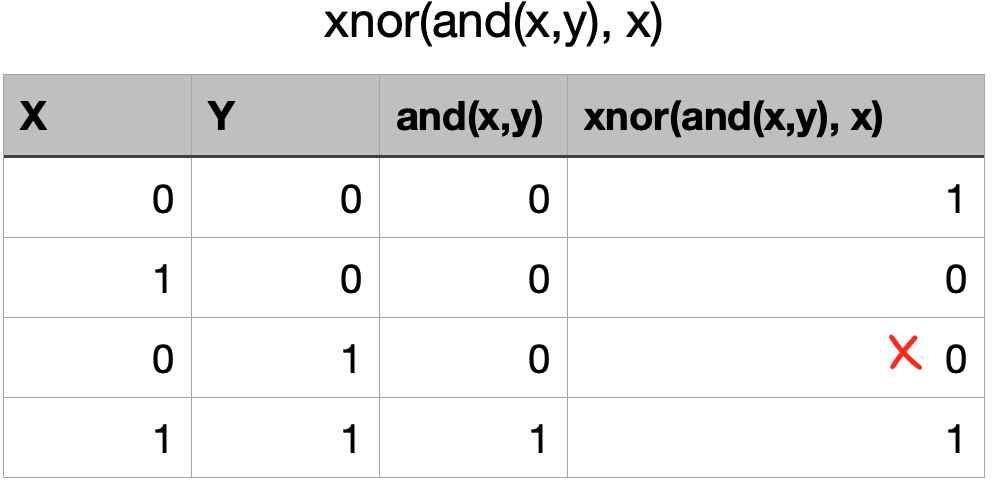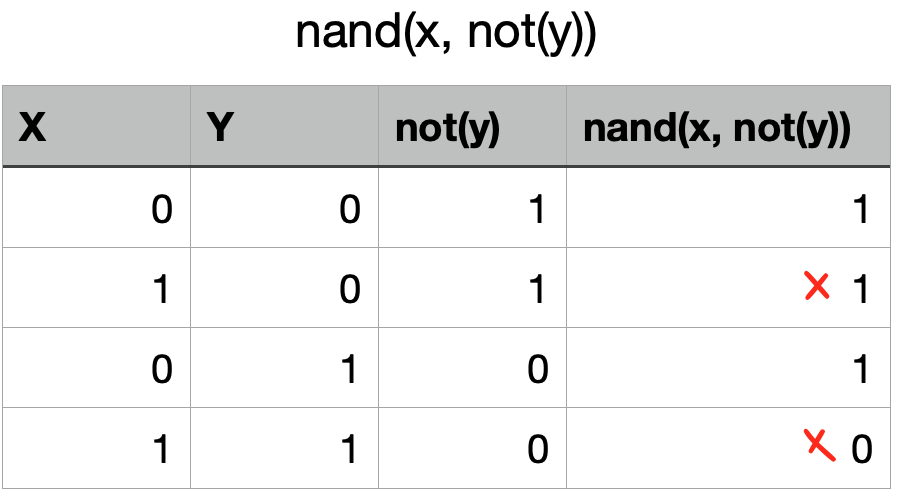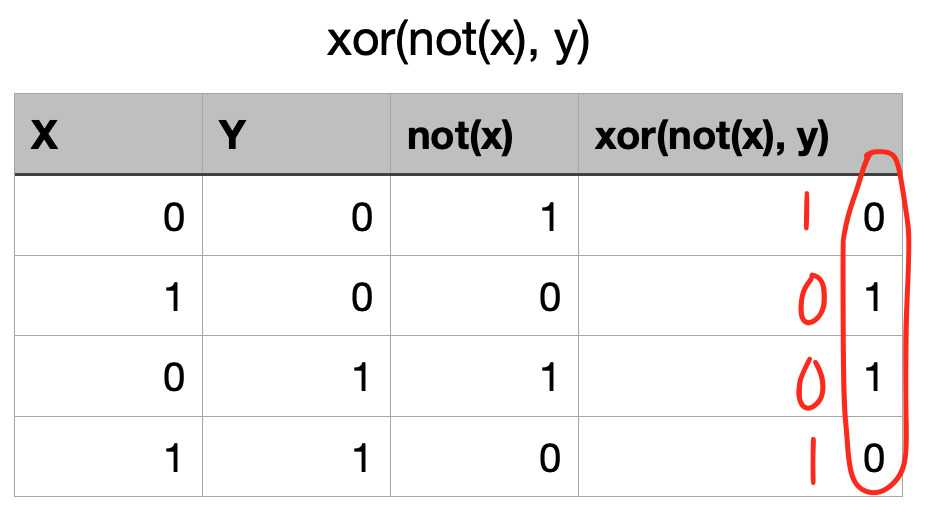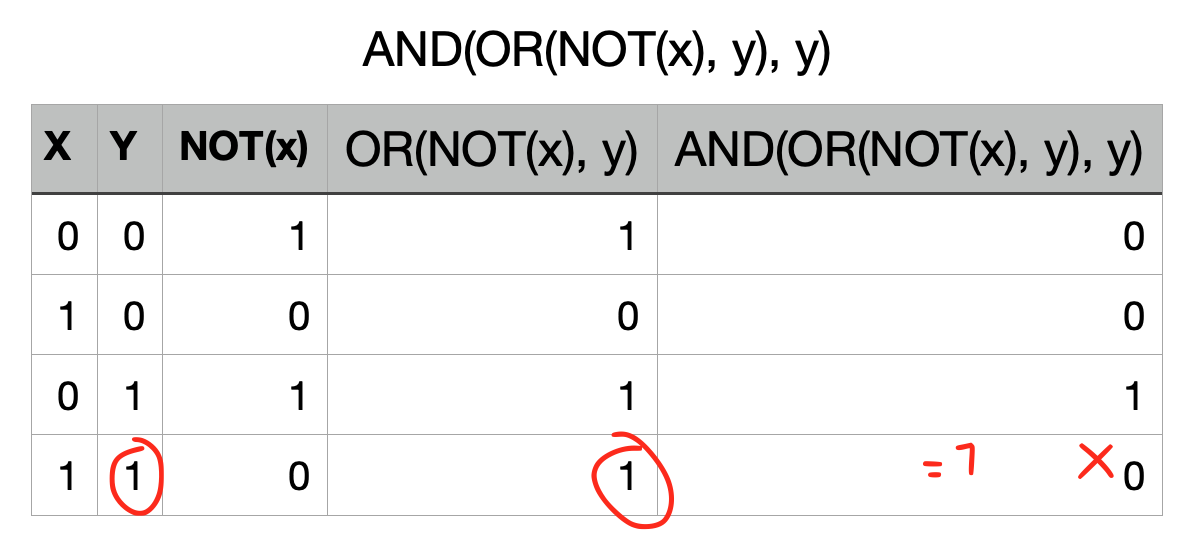Okay. From here:
AITAH for breaking up with my girlfriend when she tested me?
When I was 16 years old my girlfriend broke up with me. I was pathetic and begged her to change her mind. I thought I was in love and couldn’t be without her. I was an idiot.
At 16, the OP got dumped and begged his girlfriend to change her mind. OP thinks doing this was pathetic. OP thinks they were an idiot to think they couldn’t be without her.
I’m 25 now and I have promised myself I will never do that again.
OP has promised themselves that they wouldn’t do the begging breakup thing again. It’s not clear when they made this promise. Was it shortly after the first breakup, or now that they’re 25? Or some time in between?
I have had several relationships and a few hook ups. And when they end I am sad but not weak.
So the OP perhaps views their behaviour when dumped at 16 as ‘weak’. When their other relationships/hookups have ended they haven’t behaved ‘weak’ like they did when they were 16. This maybe indicates they started to change their behaviour between 16 and 25.
I had been with my girlfriend for a year and a half. We met at a social function for people in our line of work. We hit it off and started seeing each other more often then made it exclusive.
This is the girlfriend that is mentioned in the title question of the post. They didn’t necessarily work together, but were in the same line of work. They got along and eventually developed an exclusive relationship.
Recently we have been talking about moving in together. Our city is expensive and we thought we could save some money. Her apartment is bigger than mine but I own mine so we were working stuff out.
They were considering moving in together. OP owns an apartment.
Last weekend out of nowhere she says that we are moving too fast. Okay no problem we didn’t make any plans that can’t be undone yet.
Moving in together is a big step. It would be normal for someone considering this to be apprehensive. It was before they had made any significant plans yet so it was a good time to bring it up. ‘Moving too fast’ presumably means that it should slow down cos big decisions are being made too quickly.
Nope she said that she wanted to break up because she wasn’t sure I was all in.
Her thinking they are moving too fast seems to imply that OP is more ready than her to make a big change. Then she says she wants to break up because she’s not sure OP is ‘all in’? It sounds like OP is ready to make a big change in the relationship, so weird to be accused of being not being ‘all in’?
I said okay. Then she freaked out. Apparently it was a test to see if I would fight for her.
I think you would probably try to talk about the problems if you were interested in the relationship. I don’t think the choice is only between begging someone to stay and being passive and saying ‘okay’. But if true, the way she has tried to find this out from OP is dishonest. Maybe she wasn’t sure OP would be honest about the relationship if she brought it up in a conversation? That he’d be passive? He might view more of his emotions as ‘weak’ and so not be honest about them.
I’ve run out of time here at ~60mins
My conclusion about who the asshole is is that I don’t know.
I basically don’t have any practise doing this at all. And I kinda wasn’t sure what to do. My approach was to roughly to write down what I thought the important parts seemed to be and what the point was, and some thoughts.



